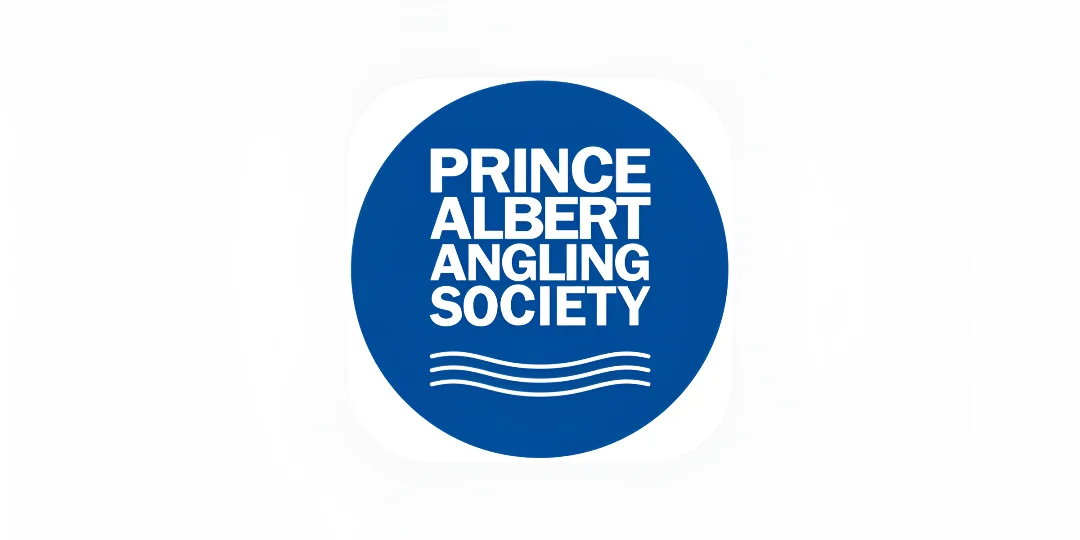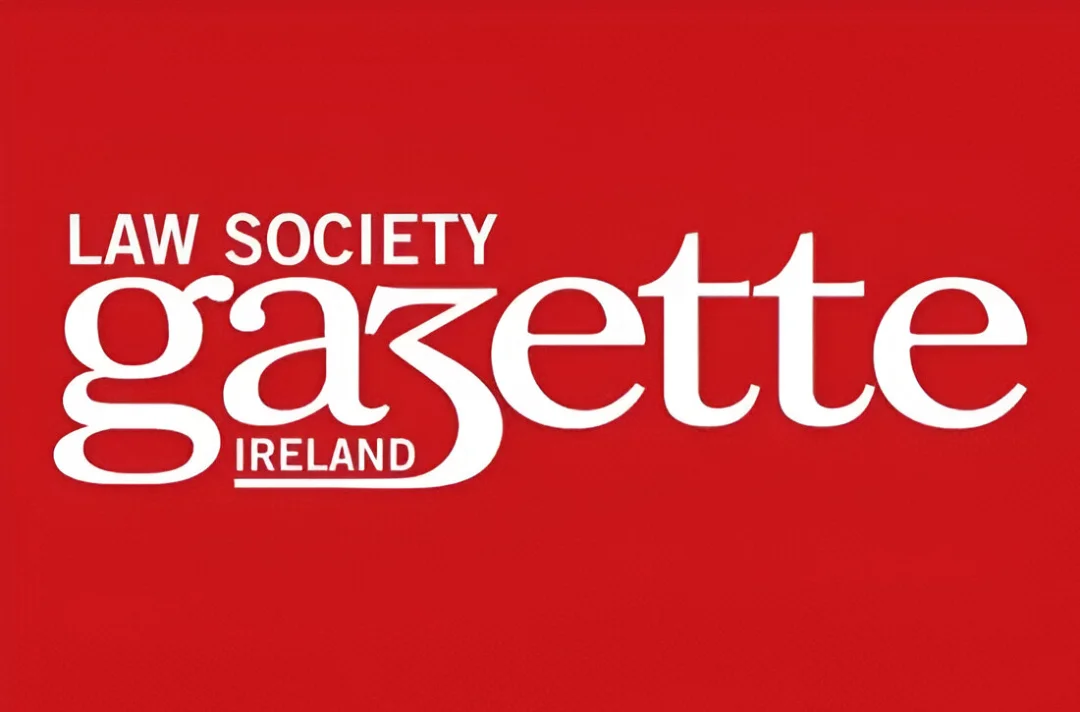Introduction
The Prince Albert Society is a name that connects many different organizations across the world. From academic and cultural associations in Europe to animal welfare charities in Canada, fishing clubs in the United Kingdom, and historical societies in Saskatchewan, the title carries a strong sense of heritage and community. Each branch of the Prince Albert Society works in its own unique way, yet all share one thing in common: they serve people, culture, and history.
This article explores the history, role, and impact of the Prince Albert Society in detail. You will learn how it started, what it does today, and why it remains important in our modern world.
Origins of the Prince Albert Society
The story begins with Prince Albert of Saxe-Coburg and Gotha, the husband of Queen Victoria. He was known for his interest in science, education, and cultural exchange. Many institutions were named in his honor, reflecting his lasting influence in Britain and beyond.
The Prince Albert Society was first formally established in 1981 in Germany and the UK, as the Royal Albert Society (Prinz-Albert-Gesellschaft). Its aim was to strengthen cultural and academic ties between Britain and Germany, while also celebrating Prince Albert’s contributions to education and diplomacy.
Later, the name appeared in other parts of the world as local communities formed their own versions. In Canada, the name was adopted by animal welfare and historical organizations. In the UK, it was linked to one of the biggest fishing clubs in Europe. Each version reflects the needs of its community while keeping the spirit of service alive.
The Prince Albert Society in Academic and Cultural Research
The best-known form of the Prince Albert Society is the Prinz-Albert-Gesellschaft, also called the Royal Albert Society. Founded by the University of Bayreuth and the City of Coburg, it was created to connect scholars, researchers, and cultural leaders from Britain and Germany.
Its main goals include:
- Encouraging dialogue between academics and policymakers.
- Hosting annual German–British conferences in Coburg and London.
- Publishing books and research papers under the series Prince Albert Studies and Prince Albert Research.
- Supporting young scholars with prizes such as the Duke of Gloucester’s Essay Prize in Germany and the Hans von Herwarth Prize in the UK.
Over time, the society became a respected platform for discussing history, politics, and culture. It highlighted how international cooperation can solve challenges and strengthen relationships.
Prince Albert Society for Animal Welfare
In Canada, the Prince Albert Society for the Prevention of Cruelty to Animals (PASPCA) plays a vital role in protecting animals. Based in Prince Albert, Saskatchewan, it provides shelter, adoption, and advocacy services for pets and stray animals.
Its work includes:
- Adoption programs for dogs, cats, rabbits, and other small pets.
- Pet licensing to encourage responsible ownership.
- Spay and neuter programs, especially for cats, to control overpopulation.
- Animal control services within city limits to help lost or abandoned pets.
- Cremation services to support families after the loss of a beloved pet.
The PASPCA also runs fundraising programs such as PAWS monthly giving, recycling partnerships with SARCAN, and legacy gifts. These efforts ensure the shelter can continue its services and grow stronger.
The Prince Albert Society here is not just an organization—it’s a lifeline for animals and their owners. By protecting pets and encouraging kindness, it helps build a more compassionate community.
Prince Albert Society in Sports and Recreation
In the UK, the Prince Albert Angling Society is a leading name in the fishing world. What started in 1954 as a small group of anglers meeting at the Prince Albert Pub in Cheshire grew into one of Europe’s largest angling clubs.
Today, the club has:
- Over 200 waters available for fishing, including rivers, canals, reservoirs, and lakes.
- Opportunities for coarse fishing, trout and salmon fishing, and even specimen fishing for carp, pike, and barbel.
- A membership base of thousands, making it one of the strongest communities in the angling world.
The society also invests in conservation. Its bailiff team monitors waters, maintains fisheries, and ensures sustainable practices. Regular open days and member events strengthen its reputation as not just a fishing club, but a community hub.
For many anglers, the Prince Albert Society is a dream membership that gives them access to quality waters and lifelong friendships.
Historical and Heritage Contributions
Another version of the Prince Albert Society exists in the form of the Prince Albert Historical Society in Saskatchewan, Canada. Founded in 1886, it is one of the oldest historical organizations in Western Canada.
The society operates several museums, including:
- The Prince Albert Historical Museum in a restored 1912 fire hall.
- The John and Olive Diefenbaker Museum, a National Historic Site.
- The Evolution of Education Museum, which traces schooling in the region.
- The Rotary Museum of Police and Corrections, showcasing law enforcement history.
Through tours, exhibits, and community events, the Historical Society keeps local heritage alive. It works closely with schools and Indigenous communities, highlighting the importance of truth, reconciliation, and cultural preservation.
Shared Values Across All Prince Albert Societies
While each Prince Albert Society is different, they share a common set of values:
- Community service: Whether through culture, animals, fishing, or history, each society exists to serve people.
- Education: They focus on learning and knowledge-sharing.
- Heritage: Each preserves traditions, memories, or natural resources.
- Volunteering and kindness: Their strength lies in people who give their time and energy.
These shared values explain why the Prince Albert Society name has survived across continents and generations.
How to Get Involved with the Prince Albert Society
Joining or supporting the Prince Albert Society depends on which branch interests you most:
- Academic branch: Attend conferences, contribute research, or enter essay competitions.
- Animal welfare branch: Adopt a pet, volunteer at the shelter, or donate to programs.
- Angling branch: Apply for membership, join events, and respect conservation rules.
- Historical branch: Visit museums, volunteer as a guide, or support preservation projects.
Each branch offers unique opportunities to make a difference. Getting involved not only supports the society but also enriches your own life.
Global Influence and Future of the Prince Albert Society
Looking ahead, the Prince Albert Society remains relevant. Academic research continues to promote international dialogue. The SPCA expands programs to protect more animals. The angling society grows in members while protecting natural waters. The historical society ensures future generations learn from the past.
In a world where communities are constantly changing, the Prince Albert Society proves that tradition, service, and collaboration never go out of style.
Conclusion
The Prince Albert Society is more than just a name—it’s a symbol of service, culture, and shared values. From Germany to Canada and the UK, it connects people through education, heritage, and community.
Whether you’re a scholar, a pet lover, an angler, or a history enthusiast, the Prince Albert Society has something meaningful to offer. By supporting it, you are not only preserving history and culture but also shaping a better future.


